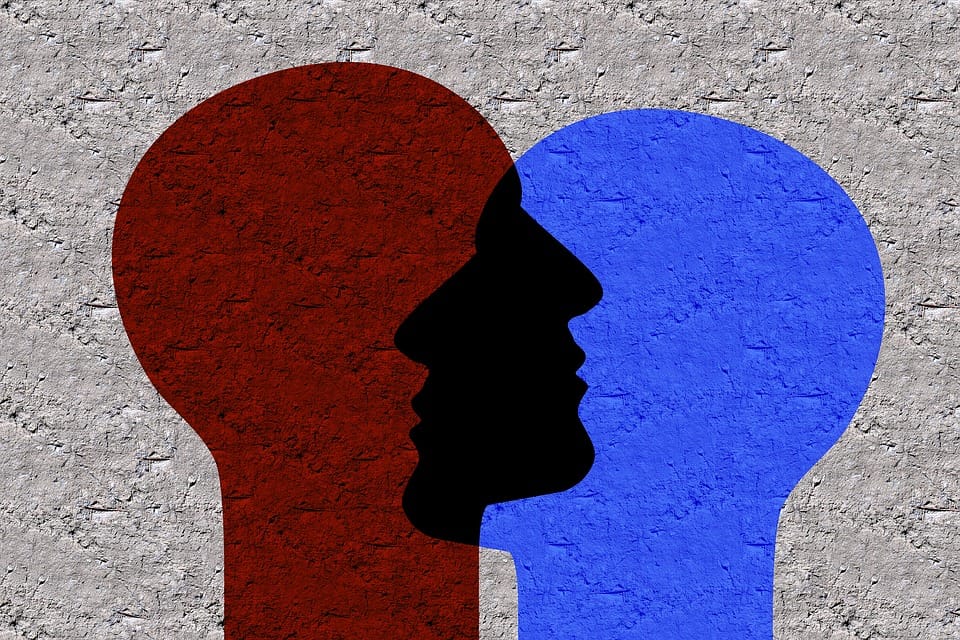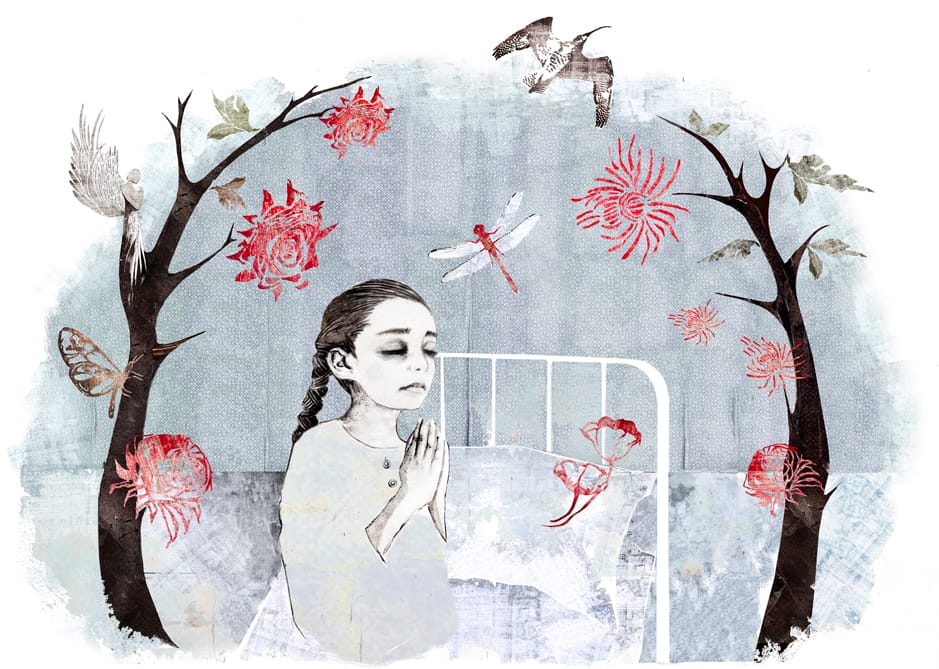In 2014, my collaborators and I published a post on Mindwise entitled: “What are you thinking right now? On the topic of metacognition”, in which we discussed what metacognition is considered to be (‘thinking about thinking’) and how metacognition may play a role in different kinds of psychopathology. In this post, we seek to delve a little deeper by applying the model to disorders in the psychosis spectrum.
In a recent literature review my co-authors and I compared the symptoms and causes of schizophrenia spectrum disorders and dissociative disorders. The results show the limitations of categorical models of psychopathology (e.g. DSM-5) compared to models that view symptoms as extremes of normal behavior, and models emphasizing that symptoms can cause other symptoms.
Throughout history, many great religious leaders such as Moses, Jesus, and Mohammed claimed to hear voices not heard by others. How do religious and spiritual practices relate to hearing voices nowadays? I had the opportunity to explore this in an adolescent sample during my PhD project.
While an acute decrease in brain serotonin may have few effects on social behaviour, a longer-term increase in serotonin in individuals at risk for depression improves mood and alters social behaviour. This Thursday, February 4, 2016, Koen Hogenelst defends his dissertation, in which he explains the relevance of his research findings for the effectiveness of serotonergic medications for depression.
Do you sometimes feel that after a bad night sleep, you cannot take in anything that is being said during a lecture? If so, then maybe you can imagine the rising concern that patients with post-traumatic stress disorder (PSTD) might not benefit from trauma-focused treatment if they also suffer from sleep difficulties. I dug into this issue to figure out whether this concern was justified.
The recent Noorderlicht Photo Festival featured a series of photos on people using smartphone apps for tracking their mood, sleep, et cetera, sometimes for years. Ecological momentary assessment is a related psychological method for studying people in their natural environments rather than in the laboratory.
Why should researchers study homesickness? Is it really a topic worth scientific investigation? After all, homesickness is part of normal life, something that probably nearly everyone experiences at least a little bit, when leaving home for longer periods. And homesickness is not a separate “official” category of mental disorder in the DSM system (American Psychiatric […]
Normally, grieving is a natural process and does not require treatment by psychologists. However, when someone dies in a violent way, the grief process for the bereaved can become complex, and resilience and social support are often not enough. Unfortunately, even though effective psychological interventions are available, most bereaved are not treated on time. This also applies to relatives of the victims of MH17-crash in Ukraine last July.
Are you considering applying for the Behavioural and Social Sciences Research Master this year? Have you heard that it is a demanding program and are you wondering if it is something for you? Minita had the same thoughts last year. She is now a first-year student in the program and shares some of her experiences.
Mental health problems have become a topic of public debate. Last month, a Studium Generale lecture series addressed the situation in the Netherlands and beyond.









